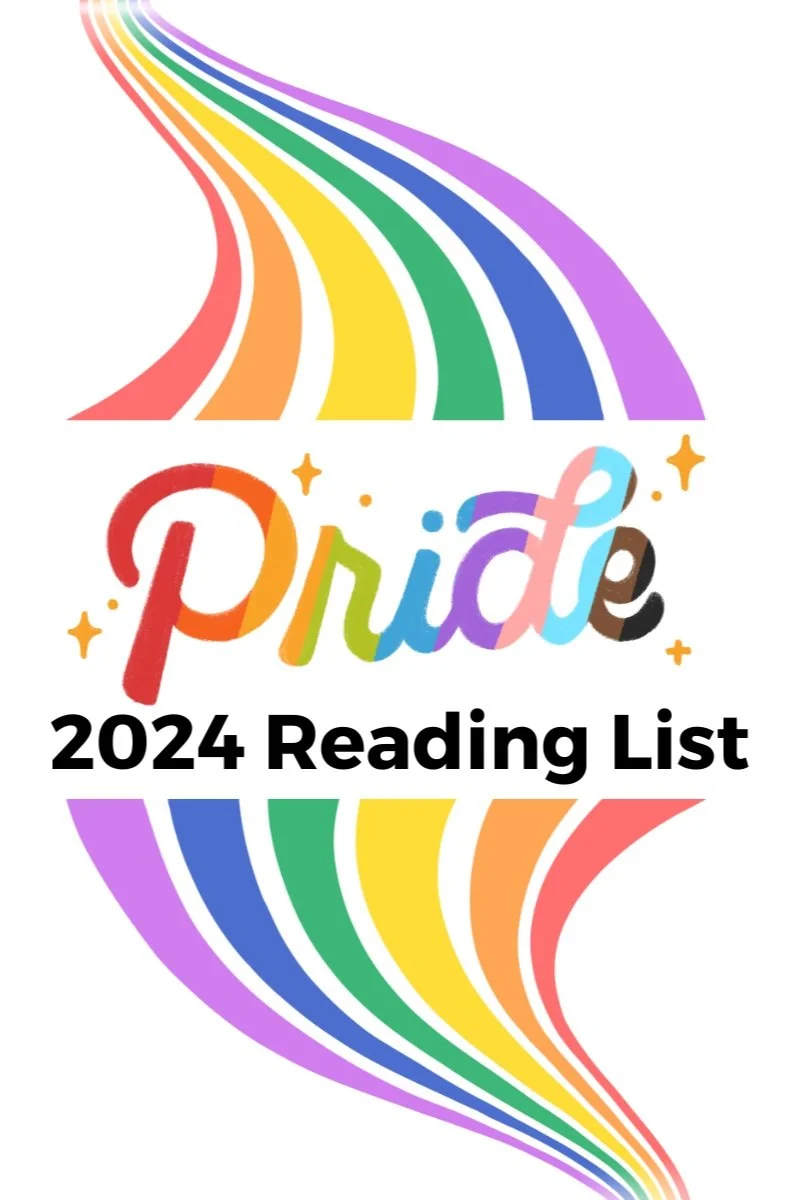The Prettiest Star – Carter Sickels
Expectation: A nuanced and authentic portrayal of the early AIDS epidemic in small town America.
Reality: A well-meaning but melodramatic story that felt a bit like young adult fiction.
My Take:
Many of the people afflicted with HIV/AIDS during the first wave of the epidemic never had an opportunity to tell their stories, so it’s both a blessing and a curse that many writers — of all gender identities and sexualities — have amalgamated and memorialized them through fiction.
A blessing because it prevents us from forgetting the bigotry and fear of the populace that led to unnecessary suffering. A curse because many of these stories lack the nuance and authenticity of a lived-in experience.
Carter Sickels’ “The Prettiest Star” lands squarely in the middle of blessing and curse, because what it does well — exploring family dynamics as a dying son comes back home — becomes bogged down by uninspired plots, caricatures and uneven pacing.
I understand that many writers of historical fiction feel the need to share the full scope of an era through the experiences of their characters, but I’m a reader that appreciates subtlety — and there’s little to be found in “Star.”
Sickels doubles down on the time period and setting — 1986, small Ohio town in Appalachia — to infuse about every prejudice Brian and his family could endure into the plot.
What starts out realistic with prank phone calls, family tensions and thinly-veiled ultimatums from the pulpit soon morph into threats of arrest, assaults, job loss and the appearance of a national talk show host to help smooth things over.
I’m not saying it’s impossible that all of these things could’ve happened to a single person or family during this moment in time, but it started to feel incredulous, largely because each scenario was so melodramatic and obvious — and the offending characters so stock — that this started to feel like a young adult novel (note: it’s not categorized as such).
It’s a shame, too, because it overshadowed the turmoil that Sickels presents through our three main POVs: prodigal son Brian, his mother Sharon and his teenage sister Jess.
Brian is defeated, not just by the illness, but also the sorrow of losing his lover and knowing that his life is ending with promise unfilled. Sharon struggles to reconcile love for her son with her religious beliefs and fear of ostracization. Jess is essentially left to navigate the “firsts” in her life on her own.
Each of these characters harbor a level of resentment for themselves and each other that is both realistic and heart-breaking. How Sickels presented these rich inner lives shows the potential of what “Star” could’ve been — a multi-faceted exploration of grief mixed with anger.
However, once the story shifts more to action versus introspection, it falters.
Sharon’s and Jess’ experiences become repetitive and somewhat tangential to the broader story. New characters are introduced or given more page time — Andrew, the local gay who befriends Brian; Anna, Brian’s lesbian best friend from New York; and Lettie, his protective grandmother — but rather than use them to provide another perspective, they are used as plot devices.
But most egregious to me is how Sickels dangles the carrot of Travis, Brian’s distant father, throughout the novel but never explores his struggles with accepting his son. The brief last chapter gives a glimpse into his psyche, but it’s such an afterthought, I almost wish it wasn’t included.
With so many ideas and avenues explored, in the end it felt like Sickels wasn’t exactly sure of the story he was trying to tell. Still, it mostly succeeds at honoring the lives lost and emphasizing progress made in reducing stigma over the past 40 years.
While a good entry point for people new to AIDS-focused literature, it’s far from the best novel I’ve read on the topic — that distinction goes to Rebecca Brown’s “The Gifts of the Body”.
While Charlie Thurston delivers another strong audiobook performance as Brian, Tiffany Morgan struggles to differentiate Sharon and Jess, resulting in a one-note portrayal. Thurston deserves a partner who can match his talent.
Rating (story): 3.5/5 stars
Rating (narration): 3.5/5 stars
Format: Audiobook (library loan)
Dates read: May 14 – May 19, 2024
Multi-tasking: Okay. The story unfolds slowly, and the multiple POVs help keep things interesting, but it’s easy to get lulled into a rhythm and zone out.





